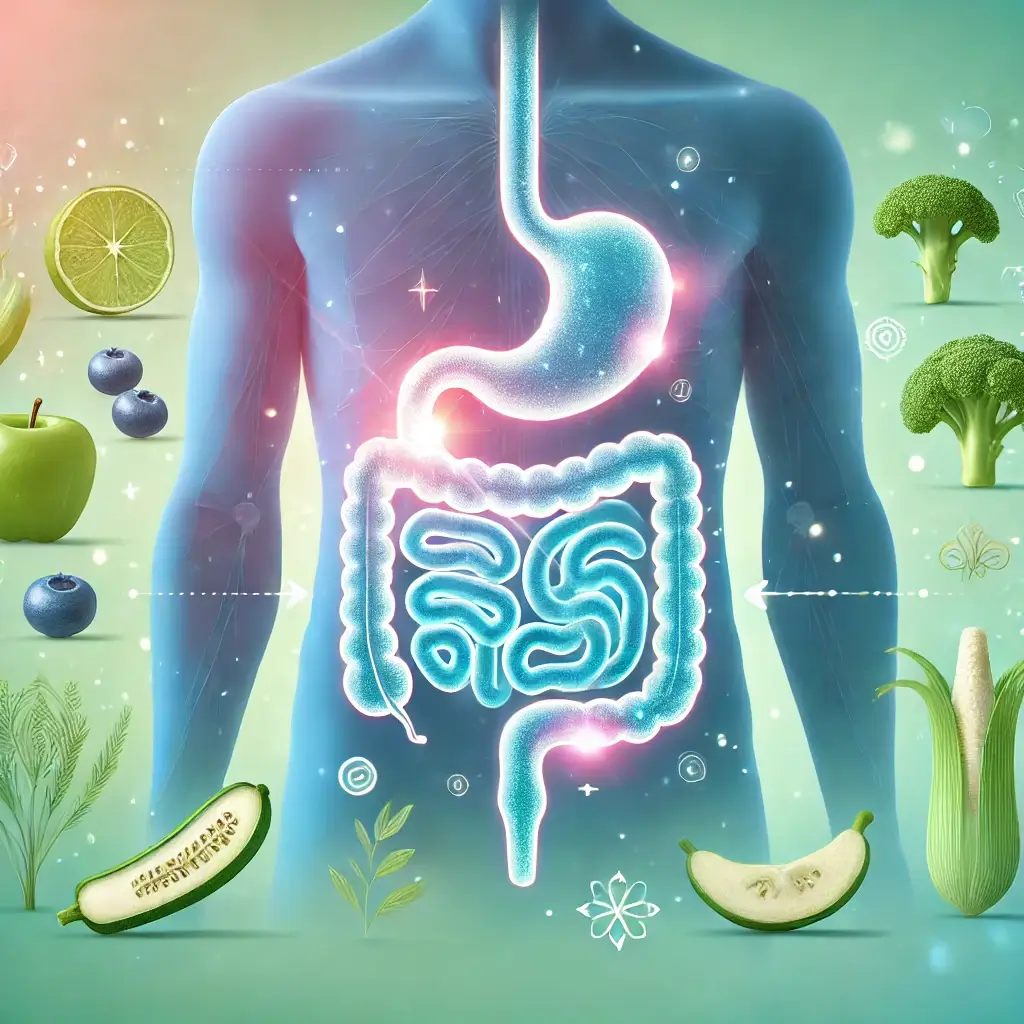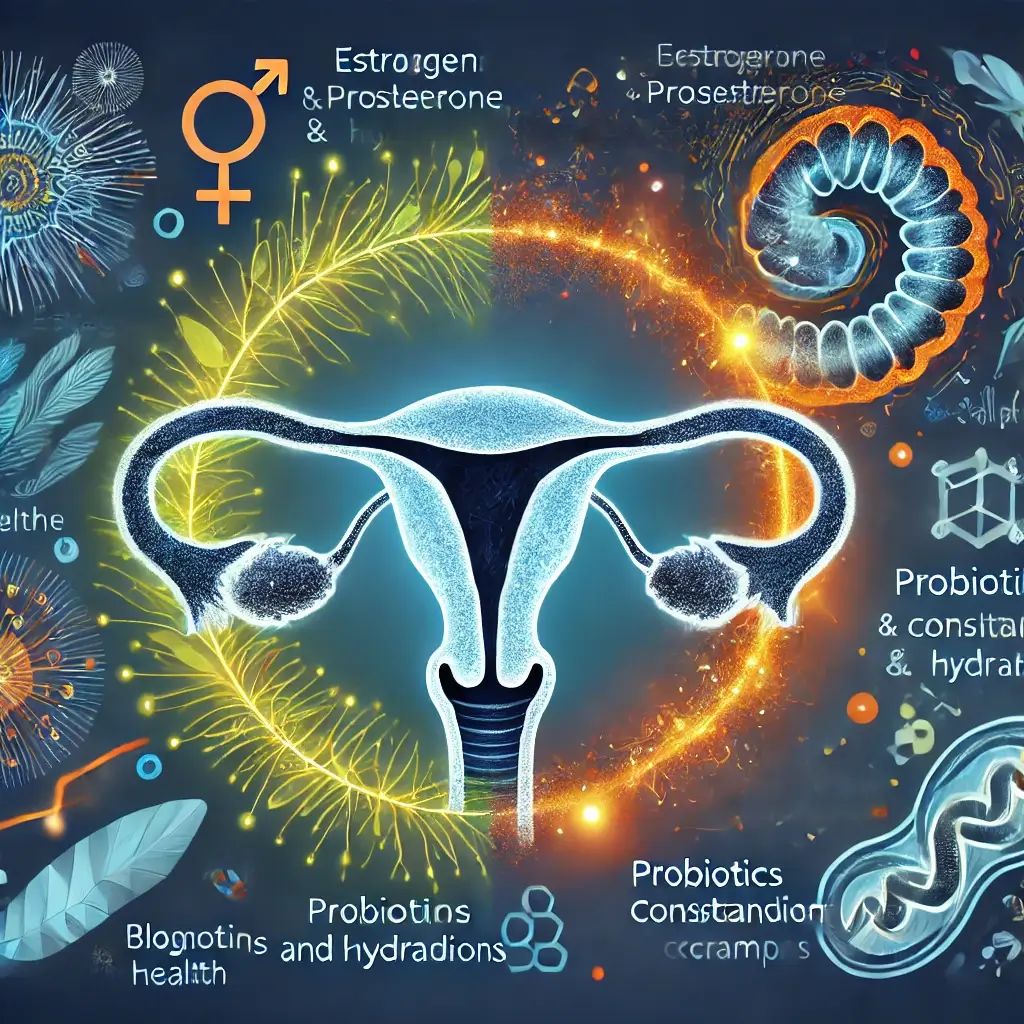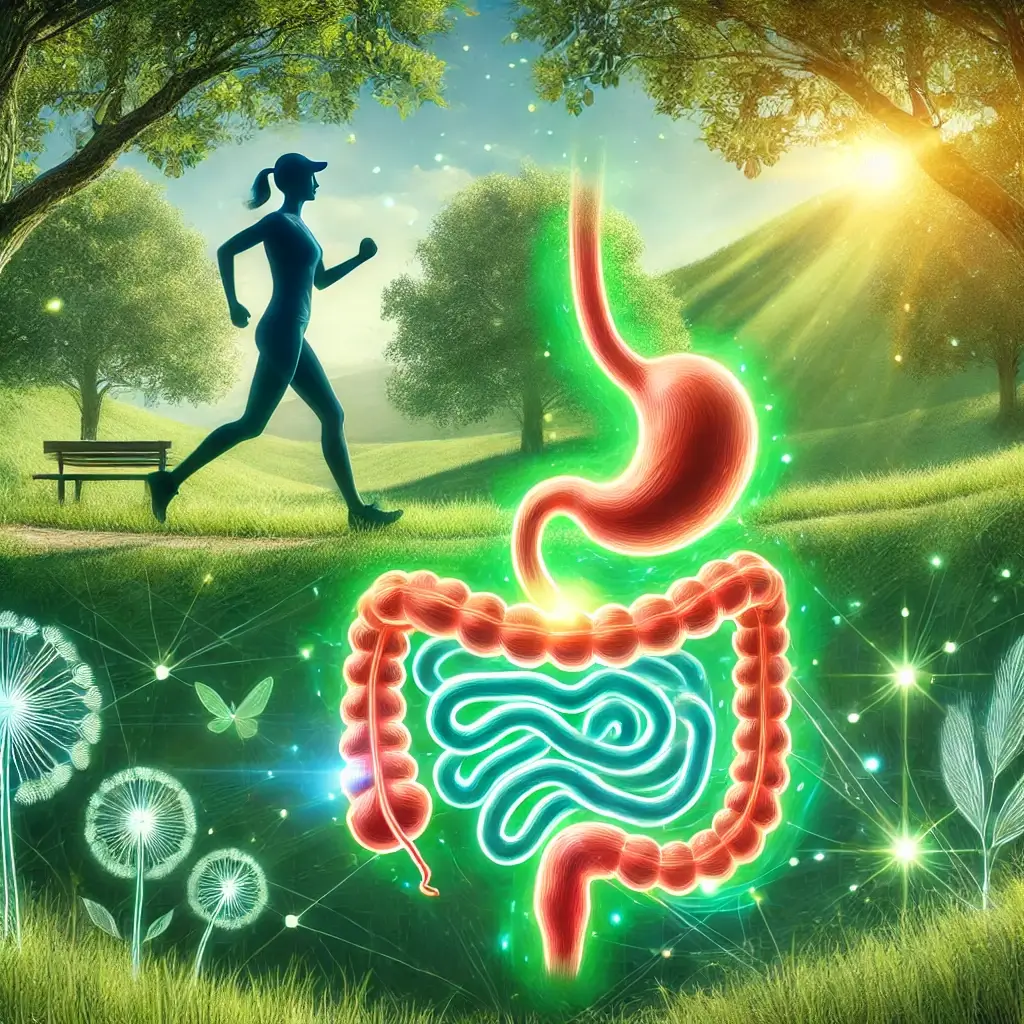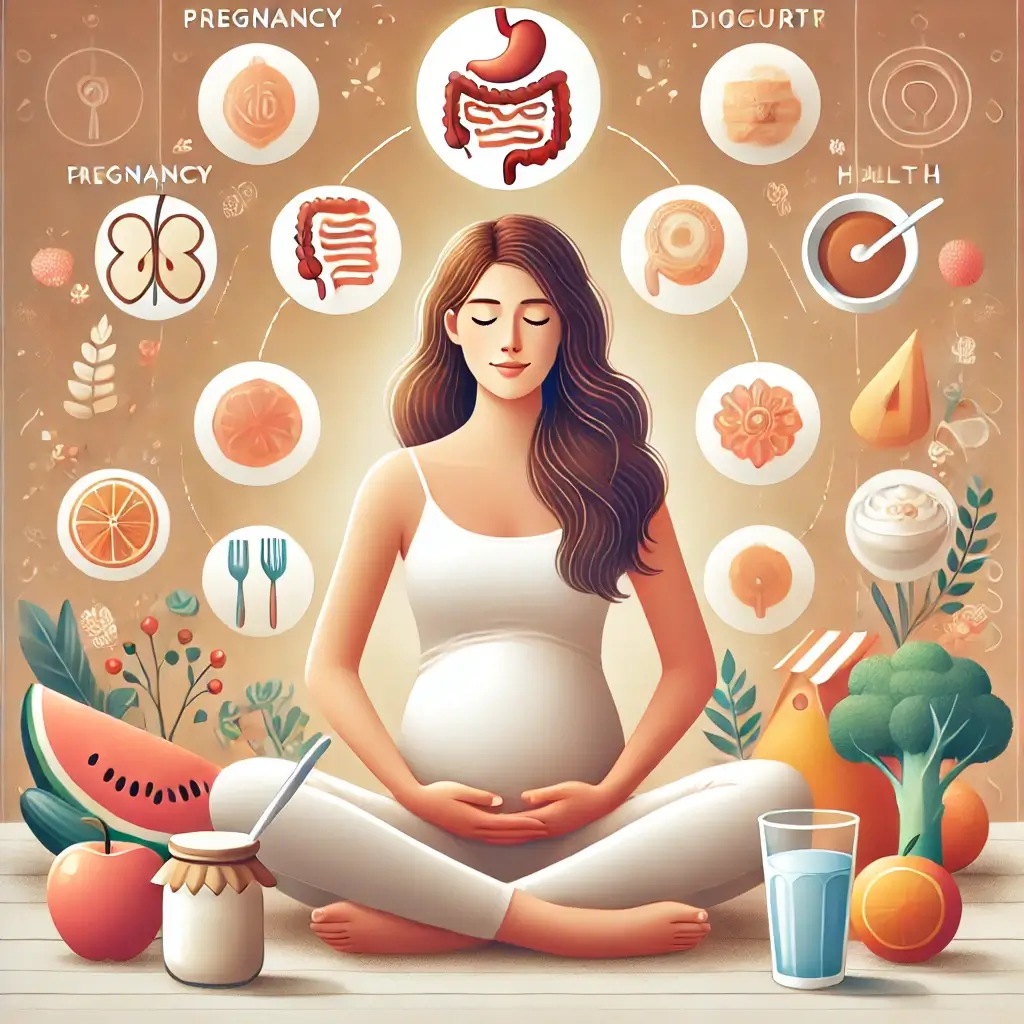The Ultimate Guide to Identifying and Managing Food-Related Bloating: Science-Backed Solution
Understanding Common Digestive Discomfort
We’ve all been there—you enjoy a meal, and before you know it, your stomach feels uncomfortably full and tight, and maybe there’s even a little (or a lot) of gas. Bloating and flatulence are common, but they don’t have to be something you just put up with. In many cases, the foods you eat—or how you eat them—are the culprits behind these unwelcome symptoms.
Taking Control of Your Digestive Health
The good news is that understanding which foods cause bloating can help you make choices that keep your digestion smooth and comfortable. Plus, there are simple strategies you can adopt to minimize bloating and enjoy your meals without worrying about the aftermath. Let’s dive into the major bloating culprits and how you can tackle them with ease.
Common Bloating Triggers Explained
Certain foods are known to trigger bloating and gas, and understanding why can make it easier to avoid them. Here’s a list of common culprits:
Understanding FODMAPs and Digestive Health
FODMAPs (Fermentable Oligosaccharides, Disaccharides, Monosaccharides, and Polyols) are sugars that aren’t fully absorbed in the small intestine. Instead, they end up in the colon, where gut bacteria feast on them, producing gas as a byproduct. This process often leads to bloating.
Examples of FODMAP Foods: Apples, pears, onions, garlic, milk, and bread. Studies, like one in Gastroenterology, show that reducing FODMAP intake can significantly ease bloating for people with IBS (Shepherd & Gibson, 2017).
The Impact of Dairy Intolerance
If you feel bloated after having milk, cheese, or ice cream, you might have lactose intolerance. This happens when your body doesn’t produce enough lactase, the enzyme needed to break down lactose, the sugar in dairy products.
The Numbers: Around two-thirds of the global population struggles with lactose digestion, according to research in The Lancet Gastroenterology & Hepatology (Misselwitz et al., 2019).
The Complex Role of Fiber
Fiber is great for digestion, but certain types of insoluble fiber found in beans and cruciferous vegetables can cause a lot of gas as your gut bacteria break them down. If you’re not used to eating high-fiber foods, they can overwhelm your digestive system.
Hidden Sources of Bloating
Sodas, sparkling water, and sugar-free snacks can add to bloating in surprising ways. The bubbles in carbonated drinks introduce air into your digestive tract, while sugar alcohols like sorbitol and xylitol are hard for your body to digest.
Practical Solutions for Better Digestion
Thankfully, there are plenty of strategies to minimize bloating without giving up all your favorite foods. Here are some practical tips:
Track Your Food Triggers
Write down what you eat and how you feel afterward. Patterns might emerge, helping you spot foods that trigger bloating. You can then cut back on or avoid those items.
Exploring the Low-FODMAP Approach
The low-FODMAP diet involves cutting out high-FODMAP foods for a few weeks and reintroducing them gradually. This method is scientifically proven to help people with sensitive stomachs, like those with IBS. A study in Gut found that 75% of participants saw improvements in bloating with this diet (Staudacher et al., 2017).
Digestive-Friendly Food Options
Not all foods cause bloating. Here are some options that are gentle on your digestive system:
Fruits: Bananas, blueberries, and oranges
Vegetables: Zucchini, cucumbers, and spinach
Proteins: Eggs, chicken, and fish
Mindful Eating Habits
Rushing through meals can cause you to swallow excess air, adding to bloating. Chew thoroughly and take your time—it’s better for digestion and can even help you feel full longer.
The Role of Probiotics
Probiotics are beneficial bacteria that help balance your gut. Certain strains, like Lactobacillus acidophilus, have been shown to reduce bloating in people with IBS (Ford et al., 2020). Always check with your doctor before starting supplements.
Final Thoughts on Managing Bloating
Bloating doesn’t have to be an inevitable part of eating. By understanding which foods and habits contribute to the problem, you can make smarter choices and keep your digestion running smoothly. Whether it’s avoiding high-FODMAP foods, eating mindfully, or exploring probiotics, small changes can make a big difference.
If bloating and gas persist despite these adjustments, it’s worth talking to a healthcare provider to rule out underlying issues like IBS or food intolerances. For more tips and the latest research, journals like Gastroenterology and Gut offer plenty of insights into gut health.
Research References
Shepherd, S. J., & Gibson, P. R. (2017). “The low FODMAP diet for managing IBS.” Gastroenterology.
Misselwitz, B., et al. (2019). “Lactose intolerance: Causes and solutions.” The Lancet Gastroenterology & Hepatology.
Staudacher, H. M., et al. (2017). “Low FODMAP diet and its effects on IBS symptoms.” Gut.
Ford, A. C., et al. (2020). “Probiotics for IBS and functional bloating: A systematic review.” Clinical Gastroenterology and Hepatology.













